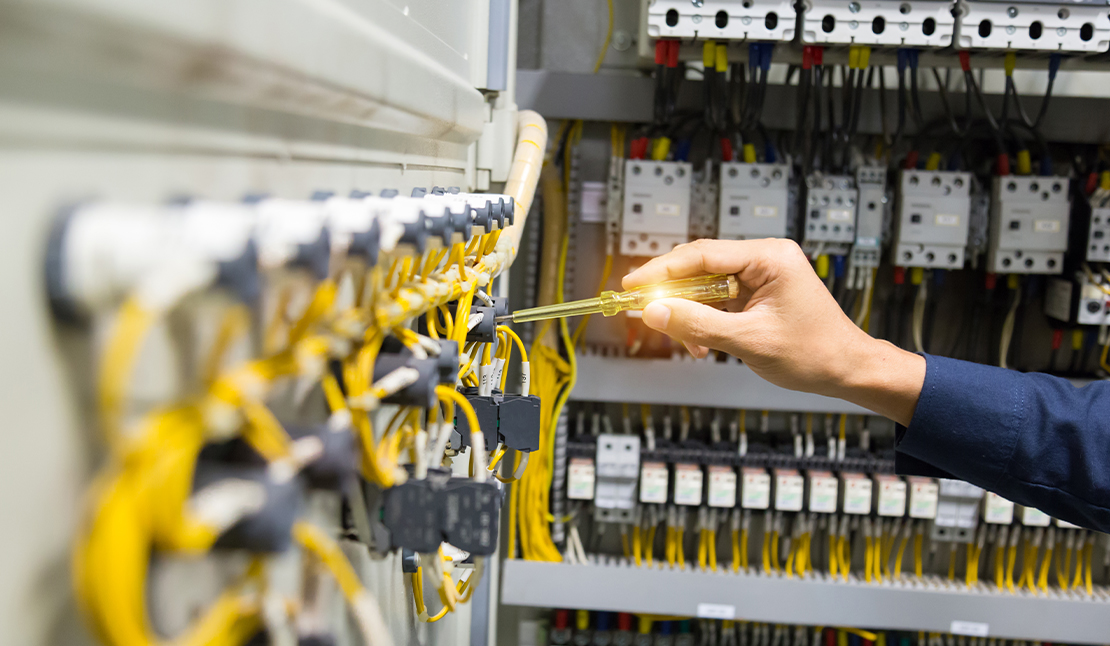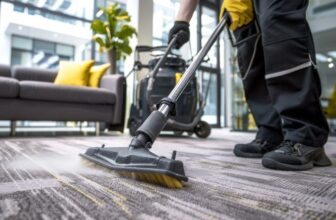
In this generation, businesses and organizations can only operate at total capacity using technological devices. Therefore, every portable appliance must be in excellent working order in every home so that no one encounters problems when using it. Any electrical device must undergo routine testing to avoid unexpected failure or malfunction. The equipment known as “portable appliance testers” is available for this purpose and may be used by regular people to test their electrical appliances. However, hiring a qualified specialist to inspect is always preferable because they are familiar with the gadget and can provide consumers with accurate data.
Testing on portable appliances is subject to strict regulations. The specifications for testing various devices or appliances vary, and the frequency of tests required varies by category. PAT testing is essential for every firm, and while the procedure may occasionally be tricky, it is usually advisable to speak with experts before making any critical choices.
Table of Contents
For How Long Is A PAT Certification Valid In The United Kingdom
According to the rules and regulations, there is no specific expiry for a PAT certificate in the UK. However, certain classifications are advised to be followed by every business. Appliances are usually categorized into two sections, namely Class 1 appliances and Class 2 appliances. Explicitly speaking, class 1 equipment requires scrutiny every two years, and class 1 apparatus should be examined every 24 months positively.
Specific Durations Of Every PAT Test For Different Appliances In Different Organizations

Source: intersafe.co.uk
Just like electronic appliances have varied ways of maintenance, the duration between two PAT Tests differs for every instrument. The directives are also distinct for every environment the tests are happening in. A school would help the PAT sessions differently than a business or an office.
Here are the specific details about how often different appliances need a PAT to be conducted on them:
- In hotels, office buildings, and similar places
- All class 1 equipment or appliances, which include IT equipment, should be tested every four years.
- Other appliances, such as extension leads which fall under the category of portable devices, should be checked every two years.
- The probability of damage is naturally higher for objects and gadgets used, transported, and handled by individuals regularly. These apparatuses need scrutiny every 12 months to prevent deterioration and prospective risk factors.
- In schools
- All the class 1 appliances, including IT apparatus, must be tested every year
- The class 2 apparatus must be checked once every two years
- In construction sites
- Most equipment is regularly used on construction sites; thus, it is recommended that they are sent for examination every three months for the most efficiency. (110V appliances)
- In industrial sites
- If the site uses any IT apparatus that should be PAT tested once in 12 months
- The other devices and gadgets need to be tested with a gap of 6 months
Types Of PAT Tests Essential To Be Conducted

Source: nationalsafetyinspections.co.uk
Every apparatus requires different types of testing and maintenance. The technician determines the electronic “class” and works according to it. They list the risk factors and decide which method and kind of testing and examination are to be done on the appliance.
Some types of PAT tests are given below for the reader’s convenience:
Earth Resistance Test
A firm and efficient earthing is crucial for any electrical device to operate without facing any potential hazards. It is of utmost priority that the earthing is most accurately done and remains so throughout the operation period of the appliance. Earth resistance tests must be done regularly and with a proper focus on the device’s details.
The effectiveness of the earthing system depends on varied factors, including the moisture content and the type of soil. Thus, before installing new equipment or methods, a verified technician must perform an earth resistance test to ensure the maximum efficiency of the apparatus.
Insulation Resistance Test
An insulation resistance test is conducted to see the performance quality and how efficient the dielectric is when it is operating towards stopping the electric current flow through the appliance. This test can be performed at any time on the device, whether it is a new one or has been in use. It determines the intensity or, more precisely, the quality of insulation present in the appliance.
Polarity Test
It is quite unnatural. However, even technicians can make mistakes. Thus polarity tests are done to check if all single-pole equipment is connected only to the phase conductor. These single-pole appliances should be connected to the conductor correctly and appropriately. Getting the polarity test done properly ensures that no risks are there regarding the wall sockets and even the plugs. Improper installation can lead to users getting electrocuted, which can even be fatal.
Who Should Conduct The PAT

Source: pattester.org.uk
It is suggested and preferable that the testing be carried out by a qualified expert employed by a third-party business. The person must be knowledgeable and have had PAT organization training. Another choice is to conduct testing internally. The person must possess the necessary skills to carry out the exams correctly.
Benefits Of Regular PAT On Appliances
Every company or organization must adhere to the regulations established by the government on the quality of the electrical equipment utilized. The organization guarantees that there are no possible risks to the electrical equipment by doing regular testing sessions for the products. The instrument must be fixed or taken out if there are any dangers. There are no predetermined guidelines for conducting the examinations. However, if done regularly, it offers the business confidence that there are no likely dangers with the devices.
Conclusion
The safety of the staff and even the organization should be the priority for every business, whether it be an office, school, construction site, or industry. A PAT test ensures that a company complies with and upholds all safety regulations. Even though using electricity might be dangerous, everything needs it to run. The most sensible choice a firm can make for its well-being for the company to prosper in the future is to maintain the equipment in the most fantastic condition possible, take care of them, and do periodic PAT tests.







